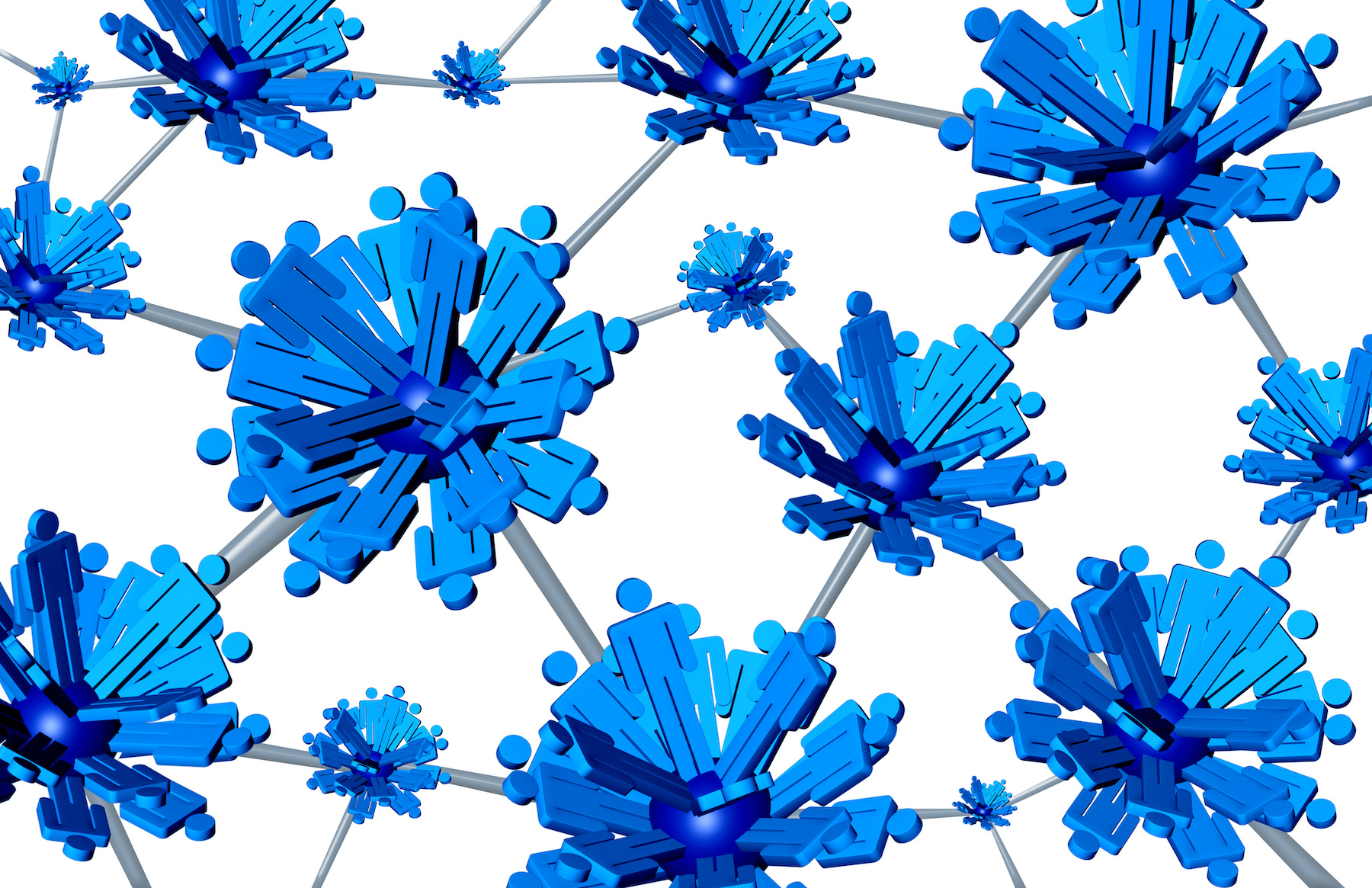Have you ever felt lost, like you were adrift in a sea of uncertainty, with no clear compass to guide your decisions? Maybe you felt like your life lacked purpose, or you struggled to find meaning in the chaos around you. This feeling of alienation and disconnection is something many people experience, and it’s a core concept explored in a powerful sociological theory known as anomie theory.

Image: duanvanphu.com
This theory, first proposed by French sociologist Émile Durkheim, delves into the breakdown of social norms, the erosion of shared values, and the ensuing psychological and social consequences. It asks profound questions about how individuals navigate a world where traditional rules and guidelines seem to crumble, leaving them feeling isolated and adrift. This exploration is of immense relevance, enabling us to understand the complex issues facing individuals and society in our fast-changing world.
What is Anomie Theory?
Anomie theory posits that when society experiences rapid social change, economic instability, or other disruptive forces, the traditional norms, values, and beliefs that provide individuals with a sense of belonging and purpose can weaken or even disappear. This lack of shared moral guidance, referred to as “anomie,” breeds confusion, uncertainty, and a sense of disconnect.
Durkheim, in his groundbreaking work Suicide, proposed that anomie could lead to an increase in social deviance and even suicide rates. When individuals lose the moral compass that guides their behavior, they are more likely to engage in risky or destructive actions, seeking meaning and purpose in unconventional ways.
Key Concepts of Anomie Theory
To understand the nuances of anomie theory, we need to delve into the key principles that underlie its framework:
- Social Norms and Values: Society functions based on shared norms and values that regulate behavior, define expectations, and provide a framework for understanding right from wrong.
- Social Integration: Individuals need to feel connected to their communities and society to feel a sense of belonging and purpose. Social integration refers to this level of connection.
- Social Regulation: Social regulation involves the degree to which societal norms and values are enforced. When regulation weakens, individuals can feel less constrained and more likely to engage in deviant behaviors.
The Consequences of Anomie
The breakdown of social norms and values doesn’t occur in a vacuum. It has far-reaching consequences for individuals and society as a whole:
- Psychological Distress: Anomie can lead to feelings of isolation, loneliness, meaninglessness, and depression. Individuals may struggle to find their place in society and experience a lack of direction.
- Social Disorganization: When social norms weaken, society can experience an increase in criminal behavior, social unrest, and instability.
- Deviant Behavior: Anomie can contribute to deviant behavior as individuals search for meaning and fulfillment outside the traditional boundaries imposed by society.

Image: www.legalmetro.com
Types of Anomie
Anomie can manifest in different ways depending on the nature of the social change and its impact on individuals:
- Acute Anomie: This is a sudden and dramatic breakdown of social norms, often associated with catastrophic events like natural disasters or war.
- Chronic Anomie: This type of anomie occurs gradually over time due to persistent social changes, such as rapid economic growth, technological advancements, or societal shifts in values.
- Relative Anomie: This concept, proposed by sociologist Robert Merton, emphasizes the disparity between culturally valued goals and the means available to achieve them. This mismatch can lead to frustration and alienation, potentially driving individuals to engage in deviant behaviors.
Anomie in the Modern World
Anomie theory remains highly relevant in the modern world, where rapid technological change, globalization, and economic instability create a volatile landscape. We see the impact of anomie in various social phenomena:
- Social Inequality: The widening gap between the rich and poor can create a sense of anomie for those who feel disadvantaged and excluded from the benefits of society.
- Consumerism: Our culture often emphasizes material consumption as a source of fulfillment, potentially leading to a sense of emptiness and dissatisfaction even when material needs are met.
- Social Media and Identity: The constant pressure to present a curated version of ourselves online can contribute to a sense of isolation and loneliness, as we compare our lives to seemingly perfect depictions of others.
Applying Anomie Theory
Understanding anomie theory can shed light on a variety of societal issues. For example, it can be used to explain rising rates of crime, substance abuse, and mental health problems, particularly in areas experiencing rapid social change, economic instability, or social isolation.
Expert Insights and Actionable Tips
Sociologists and social theorists offer valuable insights into navigating the challenges of anomie:
- Strengthening Social Connections: Building strong relationships with family, friends, and community members can offer a sense of belonging and purpose.
- Seeking Meaning and Purpose: Engage in activities that provide meaning and fulfillment in your life, whether it’s through volunteering, creative pursuits, or spiritual practice.
- Advocating for Social Justice: Actively working to address social inequalities and create a fairer and more just society can contribute to a sense of hope and purpose.
Anomie Theory In Sociology
Conclusion
Anomie theory offers a powerful lens for understanding the complex social and psychological challenges we face in our increasingly interconnected and rapidly changing world. By understanding the breakdown of social norms and the consequences of anomie, we can better appreciate the experiences of those struggling with feelings of isolation, meaninglessness, and disconnection.
This knowledge empowers us to build stronger communities, promote social justice, and create a more fulfilling and meaningful life for ourselves and others.
Further exploring this theory can deepen our understanding of these issues and empower us to work towards creating a more just and compassionate society, one where everyone feels a sense of belonging and purpose.



/GettyImages-173599369-58ad68f83df78c345b829dfc.jpg?w=740&resize=740,414&ssl=1)


